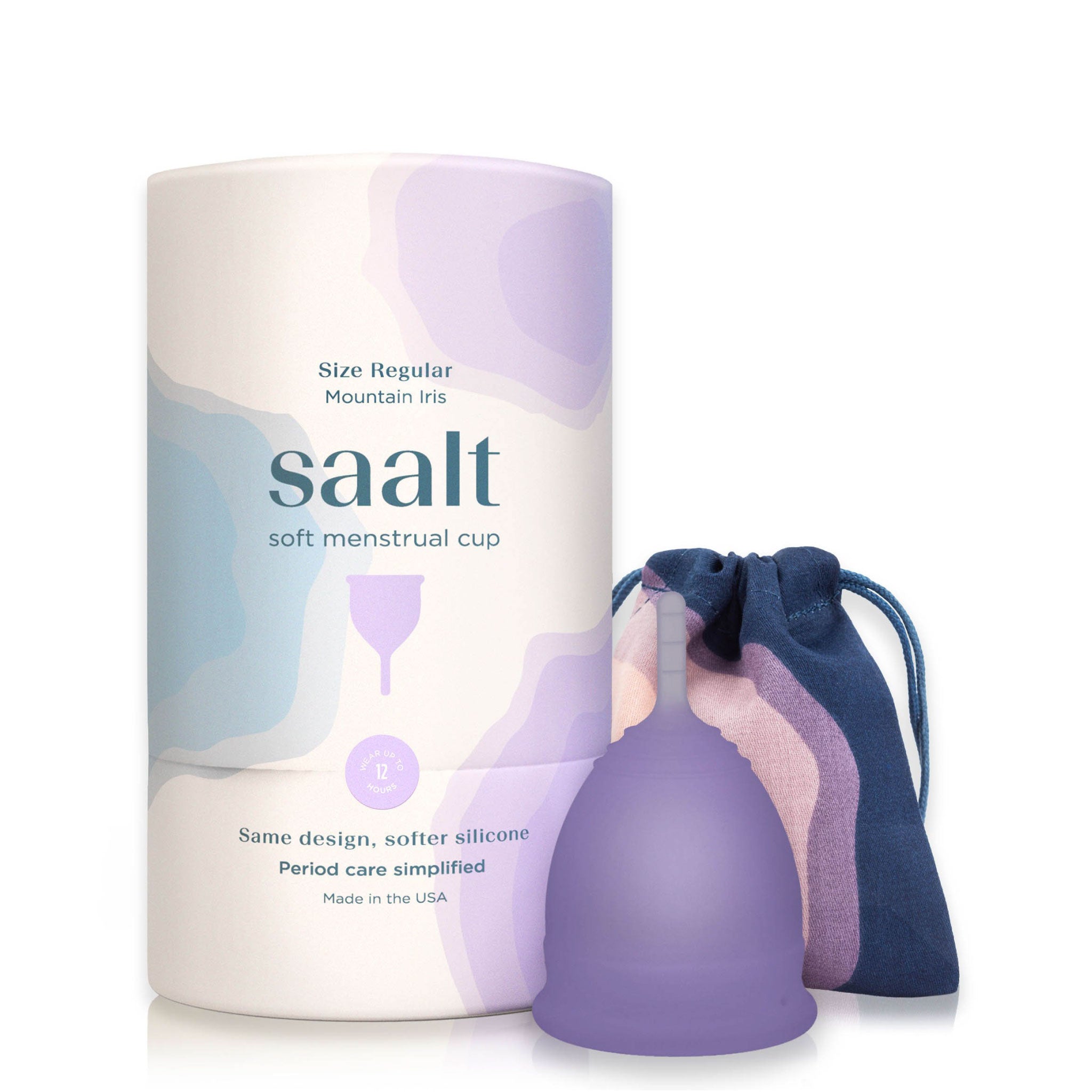Our vaginas are self-cleaning ecosystems with mechanisms in place to keep them healthy. Discharge is what we call all fluids coming out of the vagina and includes cervical fluid—mucus used to flush sperm out or keep it going, and fluid from arousal.
It's important for your reproductive and sexual health to become familiar with your own discharge and know what to do if any unusual smells or textures appear.
What's Happening
Your cervical fluids change in correspondence with your cycle in response to ovulation. The cyclical nature of your period brings along a variety of discharge—in consistency, appearance and volume. Our bodies know what to do, which is why an entirely new discharge appears in response to sexual arousal (the wet sensation). Your discharge also varies during and after pregnancy.
Clue, a period tracking app and research hub, has a thorough guide to the normal phases of discharge during your cycle. In general, discharge ranges from a dry/sticky texture or similar to stretchy egg whites. Fluid should be whitish/clear. It's important to pay attention to your own discharge if smell varies, as it is usually odorless or a mild odor.
What Should Not Be Happening
Remember how a vagina cleans itself and balances pH levels? Something could come along and disturb the system. Yeast infections are common, where a cottage-cheese like substance comes along with itchiness in the vaginal area and swelling in the vulva. Sex can become painful. It's important to see your doctor if you suspect your first yeast infection. (There are several over-the-counter medications like Canesten to use, but see a doctor first.)
Smell is a key indicator that something could be awry. A fishy smell, alongside green or yellow discharge, could be a sign of bacterial vaginosis and a doctor's visit is needed. There are also times discharge seems to change in volume, texture or smell for no reason. Again, ring up doc to rule out STDs or other concerns.
You're Normal
At the very least, it's nice to know our vaginas know what to do (most of the time) and will let us know when something is up. It's important to avoid douching or using harsh cleansers in the vaginal area, since douching can lead to infections. (Vaginas are self-cleaning and discharge is our body's way of removing old cells and fluid.)
Wipes are an easy way to stay fresh if discharge is still making you uncomfortable and your doctor has ruled out any infections or issues. (Megababe Beauty's Care-Down-There Wipes are awesome.) Hygiene is key, especially when it comes to keeping on top of laundry. (It's a good rule of thumb to change undies every morning and night.)
Discharge is super normal. Our bodies are amazing, even if sticky discharge is invited to the party. Still have questions? Check out our sources below or chat with a health care provider. If you are experiencing discharge, try Saalt Wear, leak-proof underwear, that wicks away wetness to leave your skin feeling drier. We're all on board for a happy, healthy down there. ;)
Sources:
https://helloclue.com/articles/cycle-a-z/what-is-normal-vaginal-discharge
https://www.webmd.com/women/guide/vaginal-discharge-whats-abnormal#1
https://helloclue.com/articles/cycle-a-z/wet-sticky-what-your-discharge-is-telling-you
https://www.verywellhealth.com/lets-talk-about-vaginal-discharge-3522663
https://www.everydayhealth.com/vaginal-discharge/guide/
https://helloclue.com/articles/cycle-a-z/getting-wet-cervical-fluid-vs-arousal-fluid-vs-discharge





